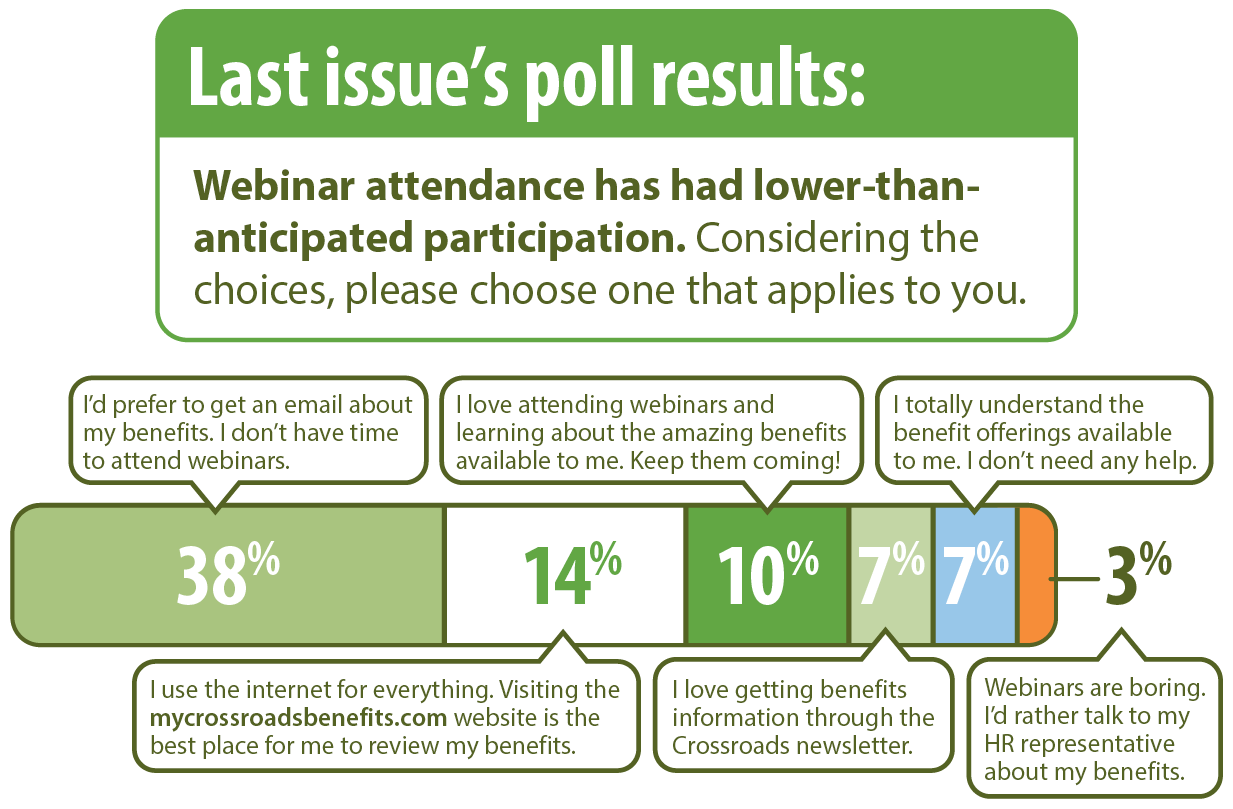
Part 1: Culture, the Soul
This is the beginning of a series on culture and the soul of Crossroads over the next few newsletters.
We’ve all heard the phrase, “If you want to change the world, you’ve got to start with yourself.” Yet, so many people point out the challenge of changing oneself in contrast to the culture we live in. It’s easy, and seems legitimate, that social or organizational culture is the culprit for the unhealthy or dysfunctional environments, that leave us feeling powerless. After all, from a young age, we’re often told, “The world is big, and we are small,” which is a form of learned helplessness.
So, what exactly is this daunting force we all refer to as culture? Those who study or try to influence it often speak of culture as having a powerful impact on the way we live. Economists point to the “invisible hand” of the market when predictions fail, and management experts often say, “Culture eats strategy for breakfast.” Yet the primary way we describe a company is by describing its “culture.”
To understand culture, it’s useful to know its origins. Enter Cicero, a Roman statesman, lawyer, and academic skeptic who became famous during a politically turbulent time in Rome. A well-educated person of high standing, Cicero was skeptical of the rigid thinking often held by those in power. Despite his own high standing, Cicero approached his role with flexibility and heartfelt language. His ability to blend strong legal arguments with poetry or verse, infused meaning-based approaches. The result proved quite valuable in calming the turbulent culture of Rome.
In fact, Cicero is who actually coined the term “culture.” But not in the senseless disconnected way we’ve adopted its academic definition. The essence of the real word was created through generations of rationalization.
No, Cicero, who invented the word, knew exactly what culture stood for — and it makes total sense. Cicero’s definition of “culture” means “to cultivate the soul.” And to top it off — the word “soul” in Ancient Greek means psyche. The words are interchangeable. In fact, the original New Testament, referred to soul and self as “ψυχή” — which means psyche.
Cicero understood that what binds us is the unique work of cultivating soul/psyche. That the only way we create a better future together is through creating better selves. We live in a world where a lot of people are highly specialized—leaders and frontline people who work in the same company, but not in the same worlds. Meaning is the convergence of paths or the Crossroads where we find commonality in our differences.





Ideas, Comments, Questions?
Please provide us with your feedback using this form.